
In today’s dynamic business landscape, staying competitive requires more than just efficient operations; it demands comprehensive approach to business management. Odoo Implementation, robust and versatile Enterprise Resource Planning (ERP) solution, offers powerful platform to streamline operations, enhance productivity, and drive growth. From managing sales and inventory to automating financial processes and facilitating customer relationship management, Odoo provides a unified suite of applications tailored meet the diverse needs of modern businesses.
At iPlex Soft, we recognize the pivotal role that effective implementation plays in realizing the full potential of Odoo ERP. With our expertise and dedication, we offer tailored Odoo implementation services to businesses of all sizes. By leveraging our in-depth understanding of Odoo’s capabilities and industry best practices, we guide our clients through every step of the implementation journey, ensuring seamless integration, optimal customization, and comprehensive training. With iPlex Soft as your trusted partner, you can unlock the true value of Odoo ERP and propel your business towards success.
Use the strength of our cutting-edge services in the dynamic field of ERP implementation to open up new business opportunities. Customized approaches at different phases provide a strong process of implementation, system integration, and increased productivity—your reliable partner on path to ERP mastery

Embarking on an Odoo implementation journey requires a structured process to ensure seamless integration and maximum benefit realization. Here’s an overview of the key steps involved in the Odoo implementation process:


The initial phase of an Odoo implementation involves a thorough assessment of the client's existing business processes. This includes understanding workflows, identifying pain points, and determining specific requirements. Once the current state is established, the implementation team collaborates closely with key stakeholders to define the project scope, objectives, and success criteria. This involves setting clear goals for the implementation, such as improving efficiency, enhancing reporting capabilities, or expanding functionality.

With the project scope defined, the next step is to configure the Odoo system to align with the client's unique business needs. This includes setting up modules, configuring workflows, and defining user roles and permissions. Customization may be necessary to address specific requirements that are not met by out-of-the-box Odoo functionality. This could involve developing custom modules, integrating third-party applications, or modifying existing features. Throughout this phase, the implementation team works closely with the client to ensure that the system is tailored to their exact specifications, while also adhering to best practices and maintaining scalability.

Deploying Odoo involves a series of steps to transition from development to live usage, ensuring a smooth and successful launch.As you prepare to deploy Odoo, it's crucial to ensure that every detail is meticulously addressed to guarantee a successful transition from development to live usage.

Before deployment, thorough preparation and testing are essential. This phase involves finalizing configurations, ensuring data integrity, and conducting comprehensive testing to identify and resolve any potential issues. It's crucial to involve key stakeholders in user acceptance testing (UAT) to validate that the system meets their requirements and expectations.



Data migration is a critical aspect of Odoo deployment, involving the transfer of existing data from legacy systems or spreadsheets into the new Odoo environment. This process requires careful planning to ensure accuracy and consistency. Data cleansing and transformation may be necessary to standardize formats and resolve any discrepancies. Regular backups and validation checks are performed to minimize the risk of data loss or corruption during migration.

Successful deployment relies on effective training and user adoption. Training sessions are conducted to familiarize users with the Odoo interface, features, and workflows. Tailored training materials and documentation are provided to support ongoing learning. Additionally, user feedback is encouraged to address any usability concerns and optimize the system for maximum productivity. Continuous support and guidance are offered to facilitate a smooth transition and encourage user engagement.

The final step in the deployment process is the go-live phase, where the Odoo system is officially launched for live usage. This milestone marks the culmination of efforts and signals the beginning of a new phase in the organization's journey with Odoo. Post-deployment support is crucial during this period to address any immediate issues, answer user queries, and ensure a seamless transition. Ongoing monitoring and maintenance are conducted to optimize system performance and address evolving business needs. Additionally, regular reviews and updates are scheduled to incorporate feedback and drive continuous improvement.

Odoo offers a comprehensive solution tailored to meet diverse business needs. With its modular structure, scalability, and user-friendly interface, Odoo stands out as a versatile platform capable of streamlining operations and driving growth. Its extensive range of integrated applications, combined with a vibrant community and robust support network, makes Odoo a compelling choice for businesses seeking to enhance efficiency and maximize ROI.
Implementing Odoo offers a multitude of benefits, revolutionizing business operations and enhancing overall efficiency.
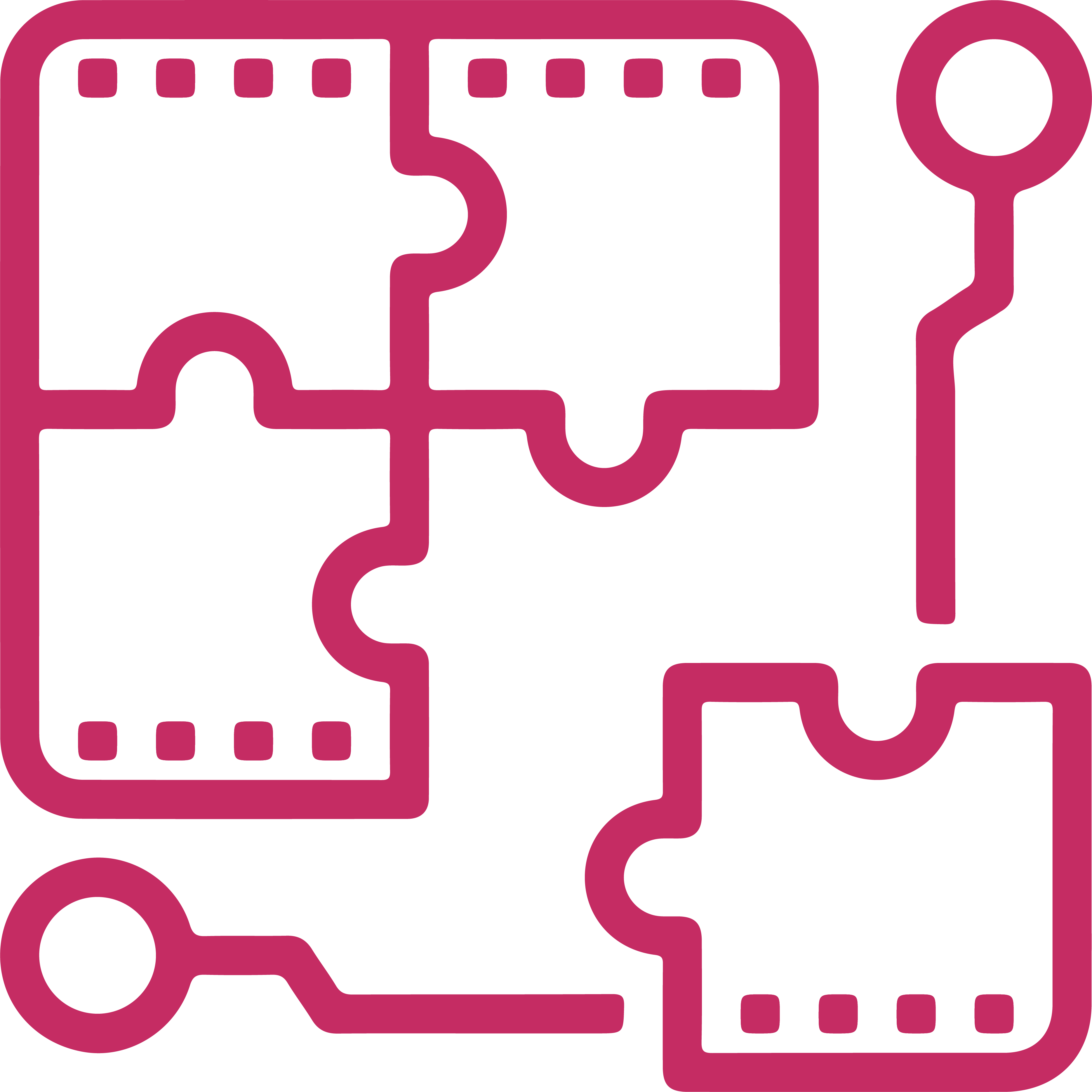
Odoo provides a comprehensive suite of integrated applications covering various business functions, from sales and CRM to accounting and inventory management. This integrated approach eliminates the need for multiple disparate systems, streamlining processes and promoting data consistency across the organization.

By automating repetitive tasks, streamlining workflows, and providing real-time visibility into operations, Odoo helps improve overall efficiency within the organization. Employees can focus on value-added activities, while manual errors and redundancies are minimized, leading to increased productivity and faster decision-making.

Compared to traditional ERP solutions, Odoo offers a cost-effective alternative with lower upfront costs and reduced implementation time. With its open-source nature, you have the flexibility to customize and extend the system according to your specific requirements without being tied to expensive licensing fees.
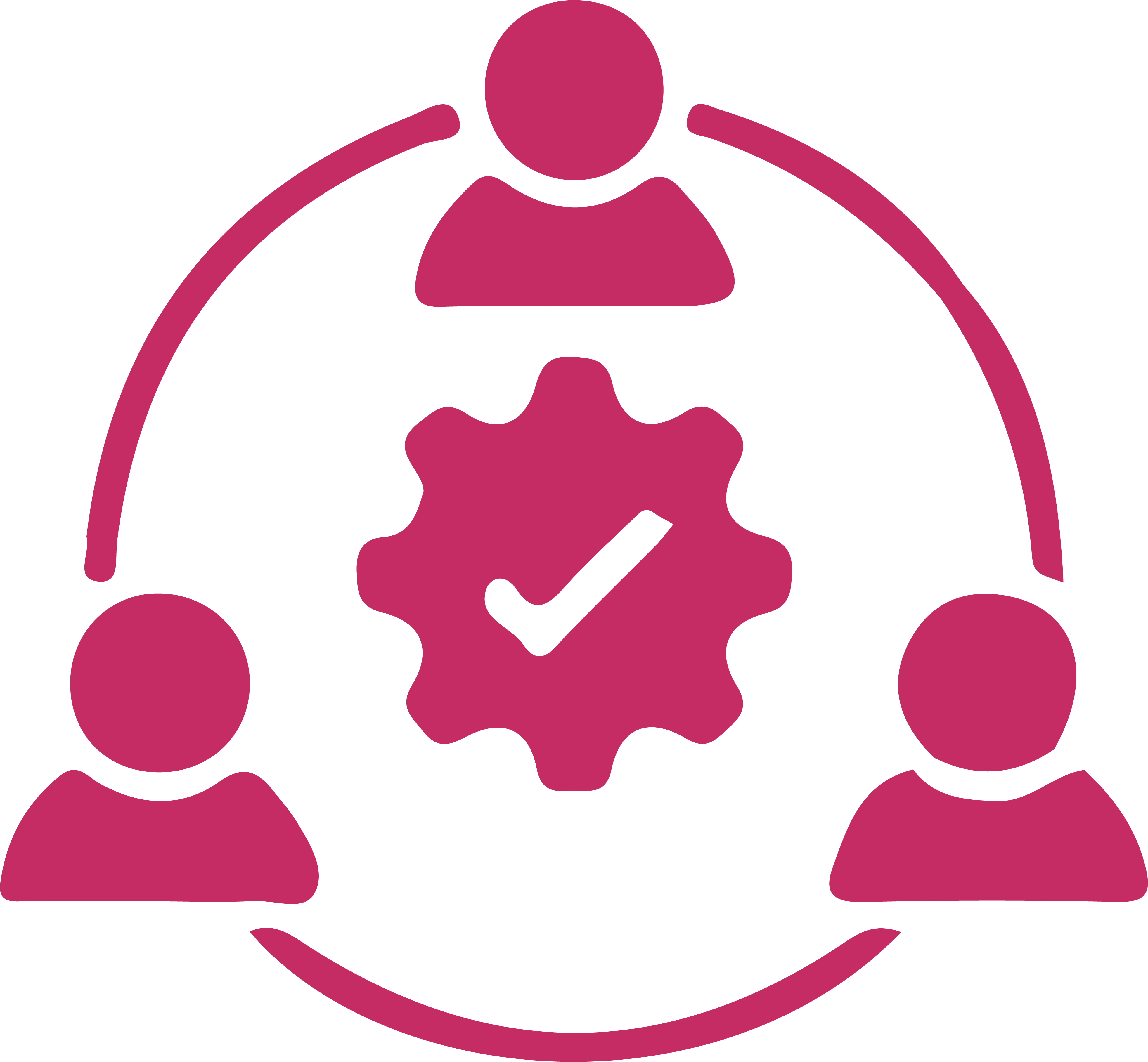
Odoo's collaborative features, such as shared calendars, document management, and real-time messaging, facilitate seamless communication and collaboration among team members. Whether they're working remotely or in the office, employees can easily collaborate on projects, share information, and stay connected, fostering a more cohesive and productive work environment.
Successful Odoo implementation depends upon these components
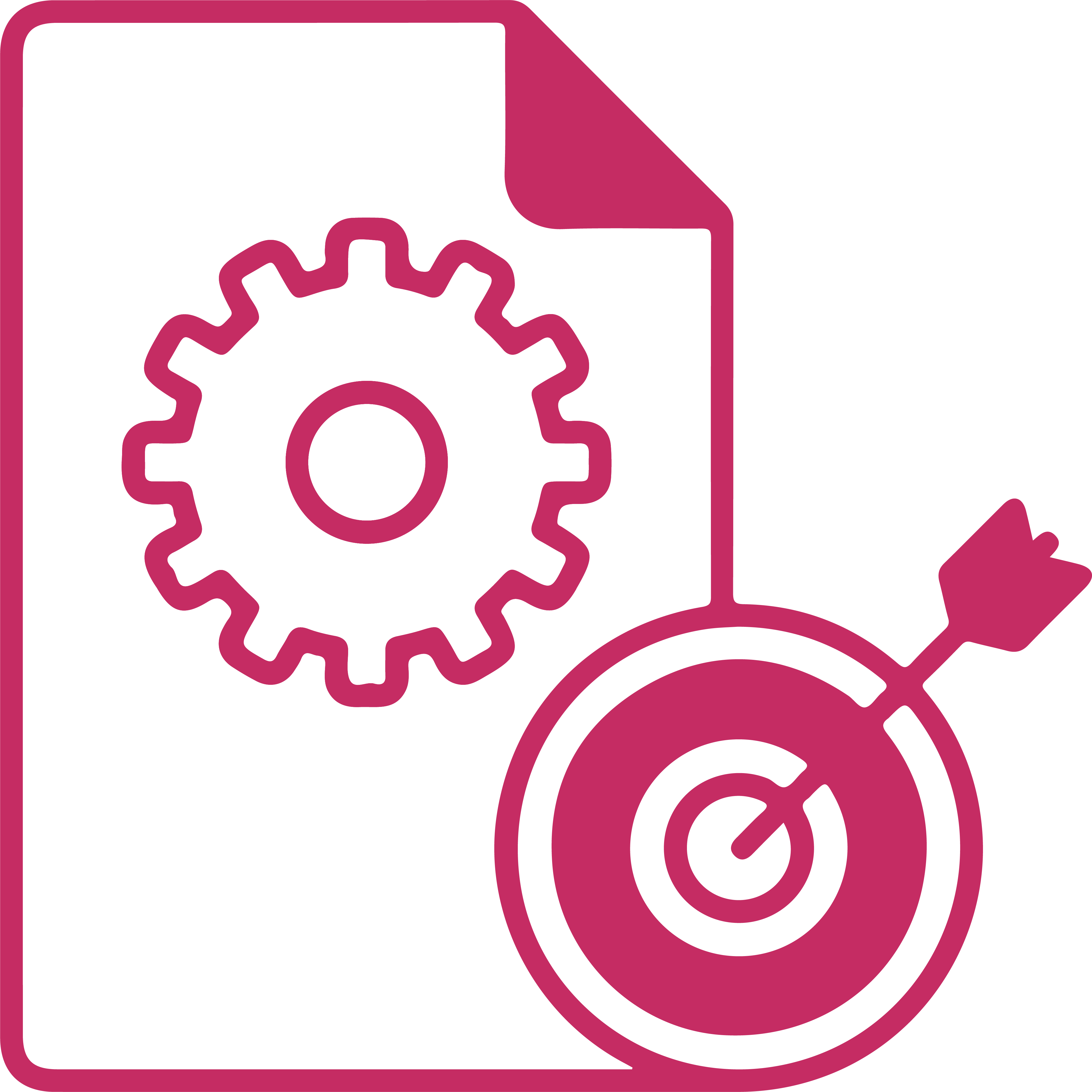
Successful Odoo implementation begins with clearly defined project objectives that align with the organization's strategic goals. By identifying specific pain points, goals, and desired outcomes upfront, stakeholders can ensure that the implementation process stays focused and effectively addresses business needs.
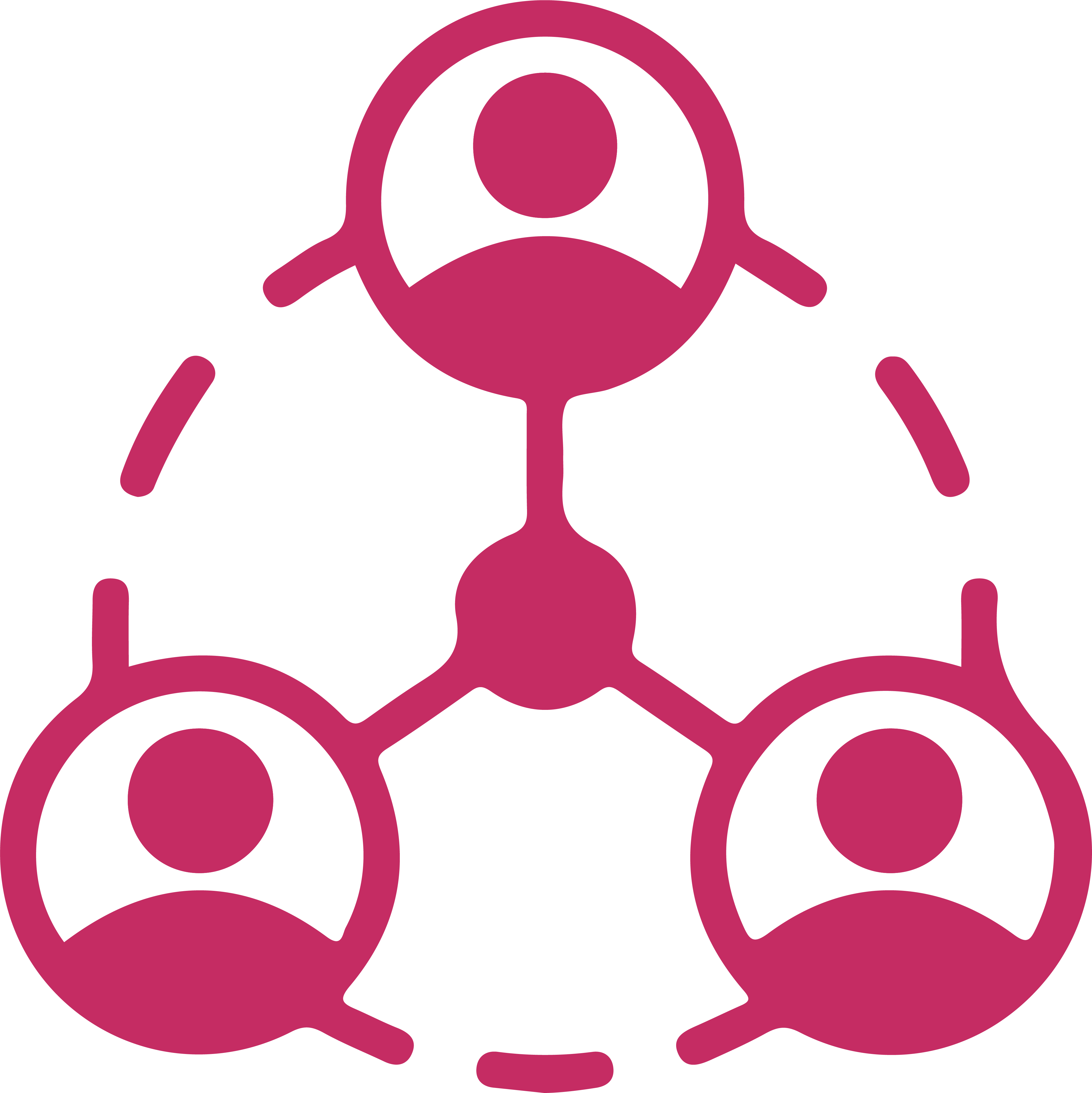
Active involvement and buy-in from key stakeholders are crucial for the success of an Odoo implementation. This includes executives, department heads, end-users, and IT personnel. By involving stakeholders from the outset and maintaining open communication throughout the process, organizations can ensure that the system meets their requirements and receives the necessary support.

A thorough understanding of existing business processes is essential for a successful Odoo implementation. This involves mapping out current workflows, identifying inefficiencies, and defining desired future-state processes. By conducting a comprehensive business process analysis, organizations can optimize workflows, streamline operations, and maximize the benefits of the Odoo system.

Tailoring Odoo to meet specific business requirements is a key component of successful implementation. This includes configuring the system to align with the organization's unique processes and workflows, as well as customizing features and modules as needed. By ensuring that Odoo is tailored to the organization's exact specifications, stakeholders can optimize usability, adoption, and overall system performance.
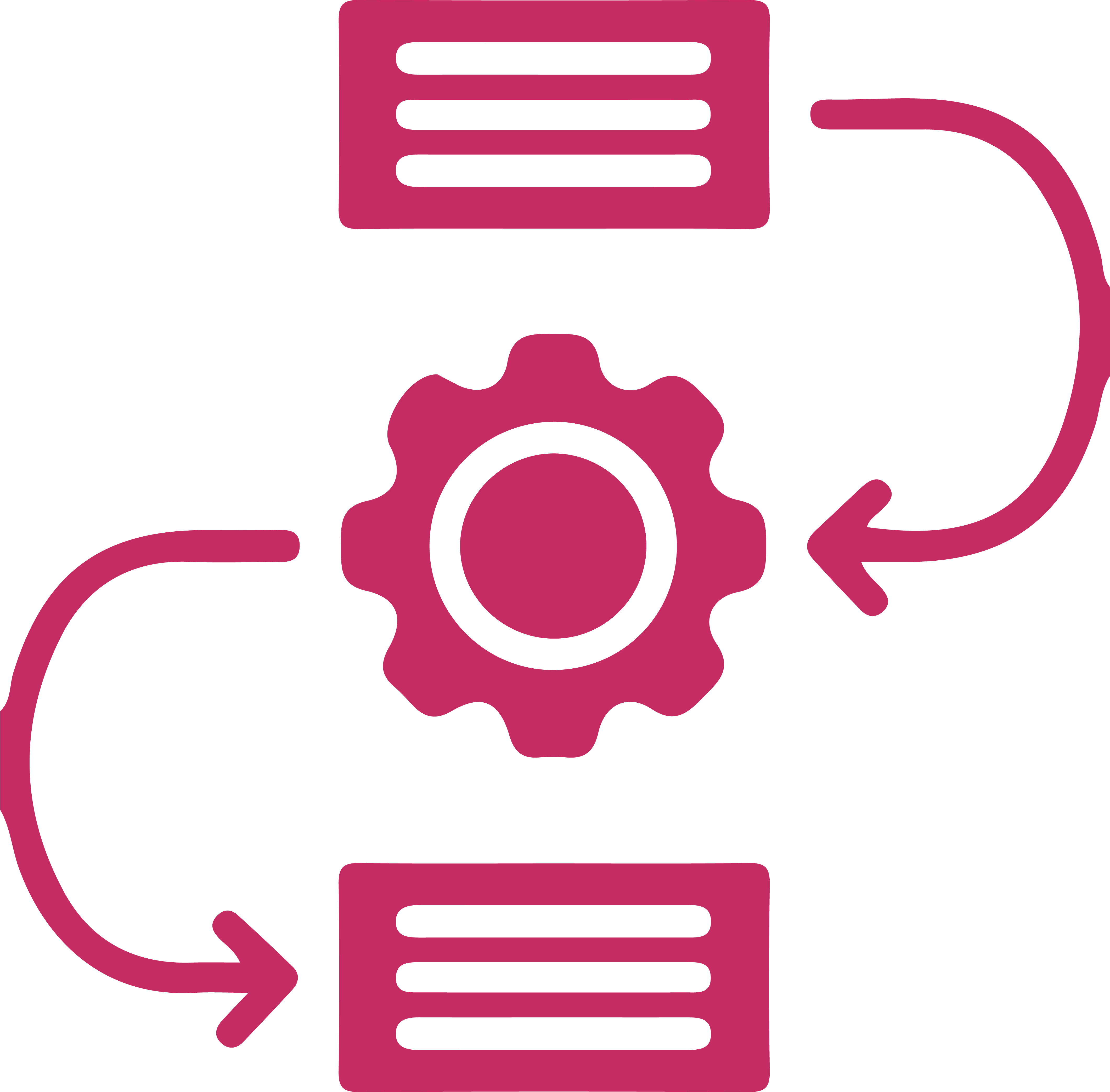
Effective training and ongoing support are essential for ensuring user adoption and maximizing the benefits of Odoo. Providing comprehensive training sessions, user documentation, and access to support resources helps users feel confident and comfortable using the system. Additionally, offering post-implementation support and regular updates ensures that the system continues to meet evolving business needs and remains a valuable asset to the organization.
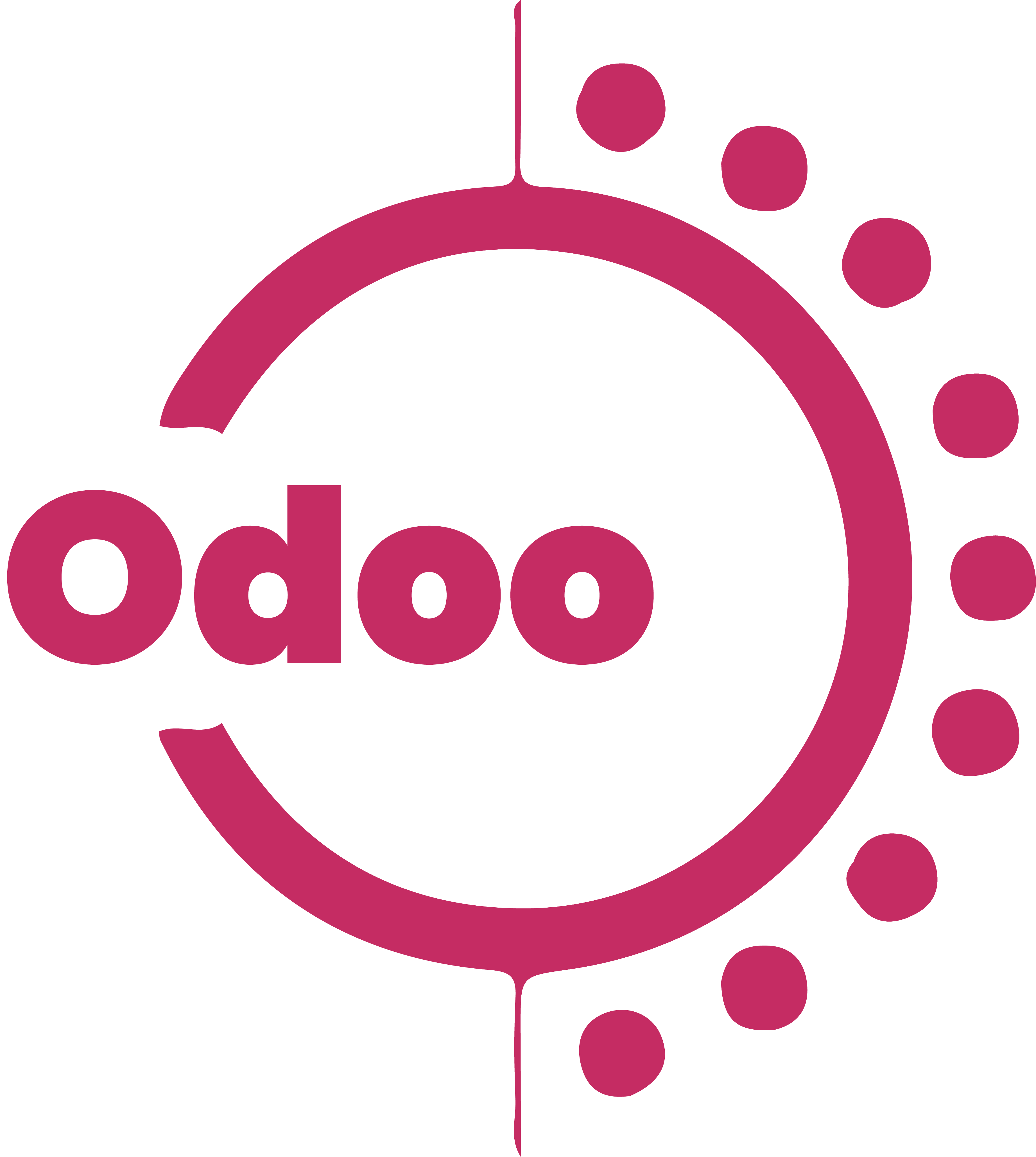
Embarking on an Odoo implementation involves analyzing current processes and defining objectives. Next, the Odoo system is configured and customized to align with the organization's workflows. Thorough testing, training, and user adoption strategies ensure a seamless transition. Ongoing support and maintenance drive continuous improvement and innovation.
Choosing iPlex Soft for Odoo implementation offers several compelling advantages that set us apart as a trusted partner in driving business success.iPlex Soft boasts a team of seasoned experts with extensive experience in Odoo implementation across various industries. Our consultants possess in-depth knowledge of Odoo’s capabilities and best practices, allowing us to tailor solutions that precisely meet our client’s unique requirements. With a collaborative approach, we work closely with clients to understand their business objectives, identify opportunities for improvement, and deliver customized Odoo solutions that drive tangible results.
Furthermore,iPlex Soft prioritizes customer satisfaction and long-term success. We are committed to delivering exceptional value throughout the entire implementation journey, from initial planning to post-deployment support. Our dedication to client-centric service ensures that we not only meet but exceed expectations, providing responsive support, ongoing training, and proactive guidance to maximize the benefits of Odoo. With a focus on quality, innovation, and continuous improvement, iPlex Soft stands as a reliable partner for organizations seeking to leverage the full potential of Odoo ERP for sustainable growth and competitive advantage.
